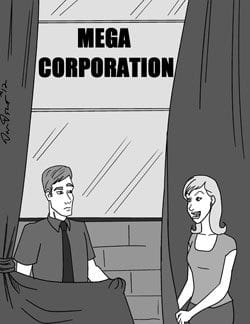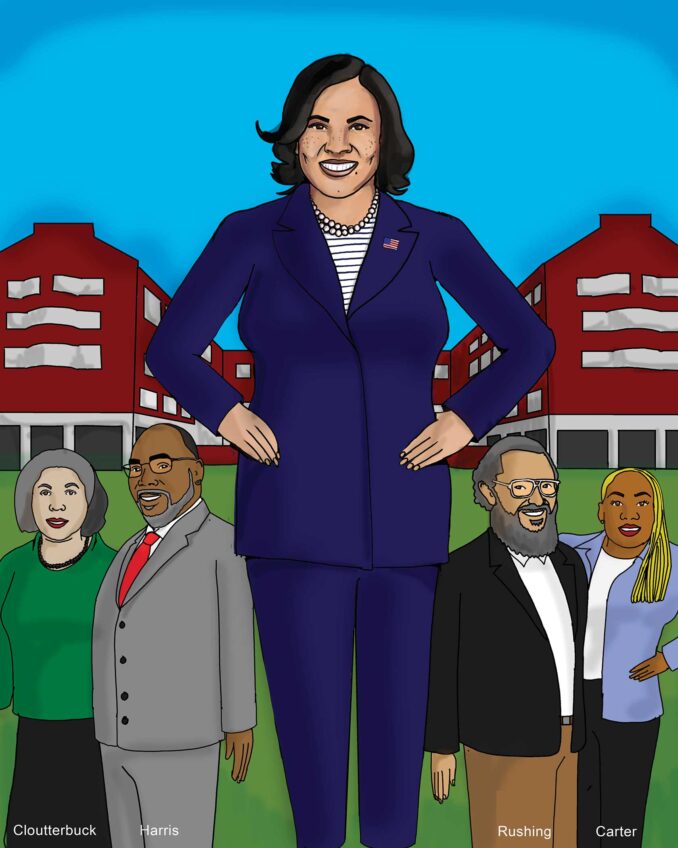
Romney: Corporations equal humans
Is a corporation a person? Mitt Romney thinks so. During his campaign for the presidency he has vigorously insisted on the truth of that concept. However, most people believe that a person is a human being.
The Preamble to the U.S. Constitution states “We the People.” Corporations were not contemplated at that time. The Constitution then established individual rights for the benefit of persons.
Nonetheless, some Americans over the years seem to have difficulty in determining what or who is a person entitled to the bountiful constitutional rights. Before passage of the 13th Amendment to end slavery, those trapped in that status were considered to be property. Although they were human beings, they were denied the rights that enabled them to be viewed as persons.
The 13th and 14th Amendments to the U.S. Constitution provided mere slaves an opportunity to acquire the rights of a person. Is it any wonder that astute businessmen would desire such a transformation for the corporations that held most of their wealth? They saw to it that their friends on the U.S. Supreme Court endorsed this point of view.
In 1886, the U.S. Supreme Court decreed, without debate or discussion, that the 14th Amendment of the U.S. Constitution, which forbids a state to deny any person within its jurisdiction the equal protection of the laws, also applies to business corporations (Santa Clara County v. Southern Pacific Railroad). Thus the corporation became a person only 18 years after the ratification of the 14th Amendment.
There was no intention that the new corporate status would expand individual rights. Clever corporate attorneys understood the potential for imposing a constitutional defense against public policy measures that interfered with business practices. For example, in New York at the turn of the 20th century, corporations argued that work rules limiting the hours of employment in a day or a week violated the right of employees to negotiate terms with the employer.
After political action weakened the effectiveness of corporate 14th Amendment defenses, business became even more intent on advancing their interests through engagement in the political process. As early as 1907, Congress understood the danger of permitting corporations to buy politicians. The Tillman Act made it illegal for corporations to contribute directly to federal election campaigns.
Since then the battle has been about the scope of First Amendment rights for corporations. The Federal Election Commission was established in the 1970s to monitor election rules. The primary rule was that contributions could be limited but expenditures could not.
In the 2010 Citizens United case, the U.S. Supreme Court established an unfettered right of free speech for corporations and unions. Direct corporate contributors are still banned, but otherwise there are few restrictions. This has created an anomaly that the U.S. Supreme Court chose to ignore.
Foreigners cannot contribute to U.S. political campaigns. However, corporations controlled by foreign investors are now free to expend corporate funds to influence the outcome of elections in the United States. It is unlikely that Americans will tolerate that situation.
When Romney asserts that a corporation is a person, that is not an idle statement. He has identified with an ultra conservative historical mindset, that offers little benefit to the average American. It is more evidence of his inability to identify with the interests of the 99 percenters.






